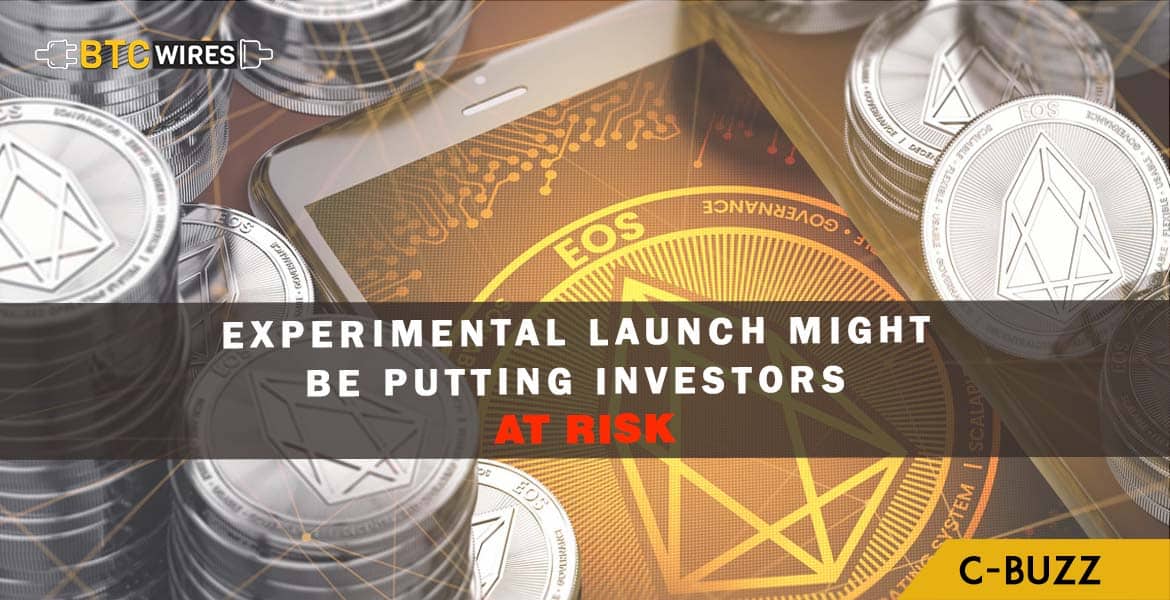The recent news of the EOS network not going live

The recent news of the EOS network not going live has raised concerns among the token holders and investors. The token holders who worked in all directions for the much anticipated technology to go live have been feeling a little apprehensive of late. EOS has established a system of self governance in which the individuals and companies will independently have to make the first move. They can elect who they’d like to process the transaction on the network through a global voting system. But this has not exactly happened and the blockchain is currently fastened between its launch and live test. It completely depends on the users to complete the process and they have not initiated to do it so far.
To further add to why this has not happened so far, for users to vote, they will have to prove that they own tokens. For this, they have to use their private keys and cryptographic strings to show that they own the funds. If they lose it, then it will be a big loss to them. So even if they’re eager to vote and get the system going, they’re not sure and seemingly anxious that voting might put their belongings at risk.
One of EOS’s users stated concern by writing to Telegram “The biggest ‘miss’ in EOS launch is the failure to understand that retail EOS will be reluctant to vote with their private keys on the line”.
CoinDesk went ahead to state that the only voting software designed for the voters is CLEOS which is a command online tool. CLEOS has been designed by the makers of EOS, Block.one. However, EOS token holders have to opt for less trusted software due to the technical competency required to handle CLEOS. Even though some software has been introduced to overcome the issue, there are concerns about the lack of a third party security auditing.
It is also anticipated that this might be the cause of slow-moving voting. So far a mere 37.35% of the 150 million necessary votes required have been cast.
To start with, private keys are required to cast votes on EOS. A private key is certainly required whether the voting is done from a wallet, a command line tool or anywhere else. The private key ensures that the voting is genuine (legal) and will correlate the user to a user-holding to determine the weight of the vote.
To maintain best practices, EOS token holders can protect themselves when voting. Alexandre Bourget, co-founder of block producer candidate and voting software provider EOS Canada suggested users configure EOS account setting for a private key that can be used for vote signing but is not linked with the wallet. He plans to explain this by means of an explanatory video soon. It has also been advised to use tools that are produced by established companies.
